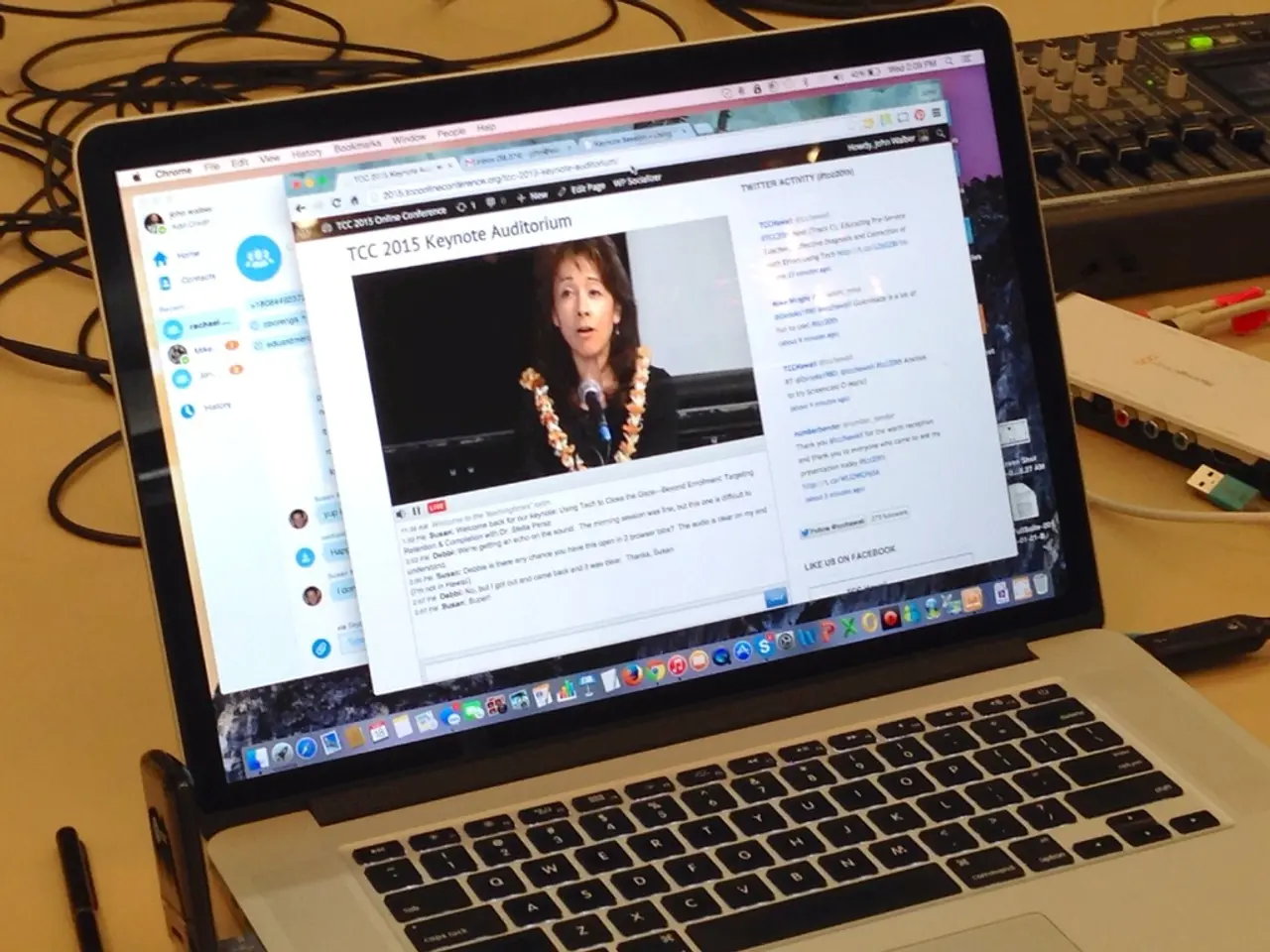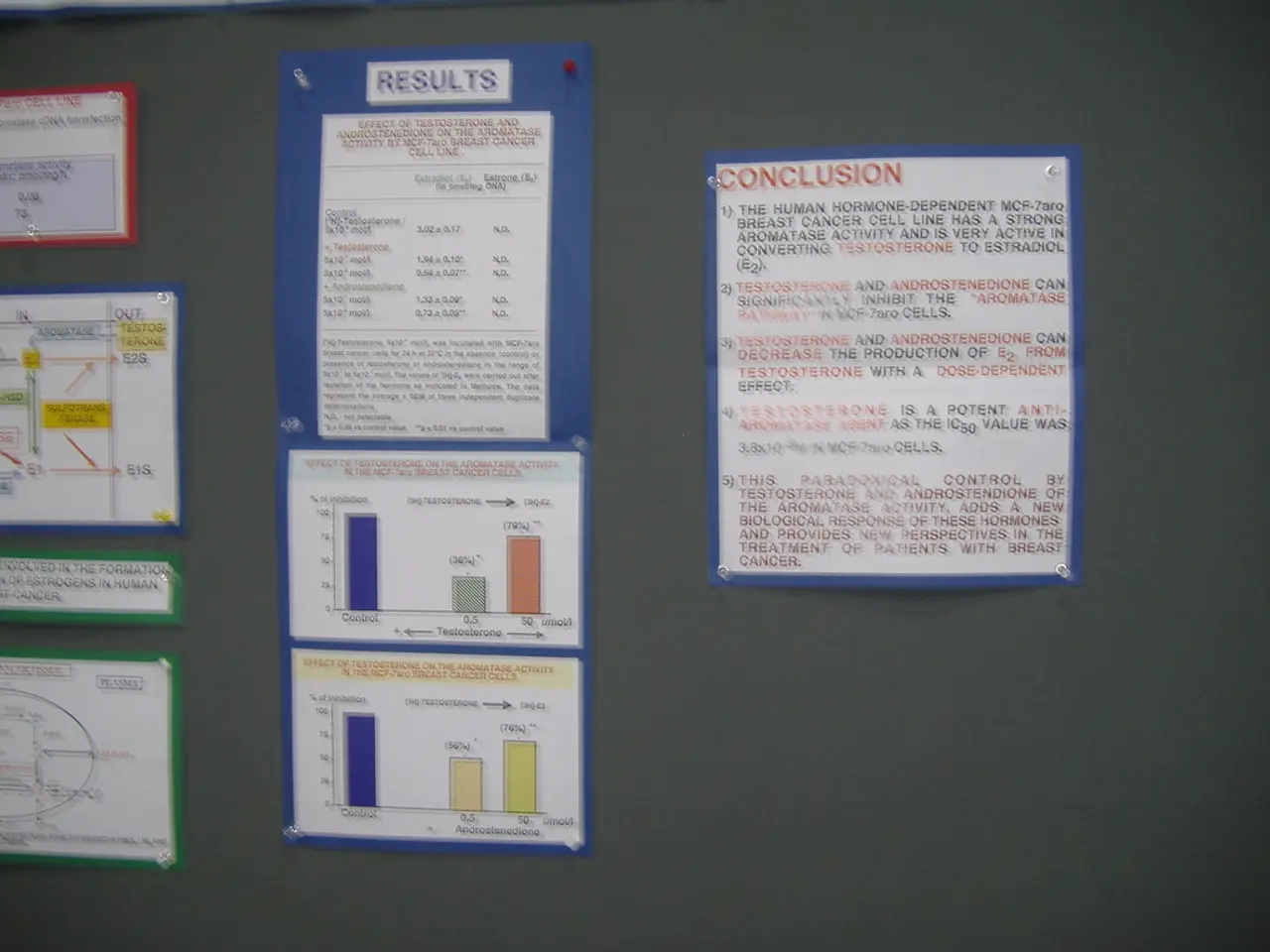Tax authorities issue alert on fraudulent emails pretending to demand payment of taxes - Warnings issued for fraudulent emails alleging tax debt payments
Fraudulent Tax Demands Circulating in Thuringia: What You Need to Know
A warning has been issued by the Thuringian Ministry of Finance (BMF) regarding a fraud scheme involving fake tax payment demands. The scheme, primarily reported in the Erfurt area of Thuringia, targets individuals and businesses with misleading tax notices that appear to be from official tax authorities.
The fraudsters behind this scheme are sending fake tax notices via email, complete with a PDF attachment, claiming that the recipients have outstanding tax debts. However, it is crucial to note that these demands do not originate from legitimate government tax offices.
The BMF urges caution and advises against responding to these demands and transferring the requested amounts. The ministry's previous warning against responding to such demands and transferring the requested amounts still stands.
Despite the warning, the BMF has not provided any information about the consequences of ignoring the fake payment demands. Additionally, the nature of the tax debts being demanded in the fake emails remains undisclosed. It is also worth mentioning that the tax administration in Thuringia collects outstanding tax debts themselves, not through external debt collection agencies.
The emails in question are confirmed to be sent by fraudsters, not the tax authorities. Contrary to what the emails may suggest, there is no debt collection agency named in the PDF attachment that has been hired by the tax authorities. In fact, the debt collection agency named in the PDF attachment is a victim of the fraud scheme and has filed a complaint.
To verify the authenticity of tax payment demands, individuals should directly contact the official tax office responsible for their jurisdiction (e.g., the Thuringian tax authority or local tax office in Erfurt) using official contact information obtained from government websites or previous authentic correspondence.
Check if the payment instructions align with known official channels—such as correct bank account details and reference numbers. Be wary of unsolicited communications demanding immediate payment, especially if they request payment methods like prepaid vouchers or wire transfers. Use any official online portals provided by the tax authorities to verify account status or outstanding tax liabilities.
Implementing these precautions is essential as official tax authorities typically provide multiple means of secure communication and verification to prevent fraud. While the Thuringian Ministry of Finance has not specified details of the fraud case, it is important to note that European regions, including Thuringia, have reinforced anti-fraud strategies and risk assessments to detect such scams.
If you receive a suspicious tax notice, it is advisable to contact your local tax office and the police. Stay vigilant and protect yourself from falling victim to these schemes.
The Thuringian Ministry of Finance (BMF) has urged the community to be aware of the ongoing fraud scheme that circulates fake tax payment demands, as these do not originate from legitimate government tax offices. It is strongly advised to follow the employment policy of verifying the authenticity of tax payment demands by directly contacting official tax offices or using their provided online portals for secure communication and verification. This cautious approach is crucial to prevent falling victim to these scams, especially considering the heightened anti-fraud strategies in European regions like Thuringia. Individuals should be wary of any suspicious tax notices and report them to the police as well as their local tax office.




